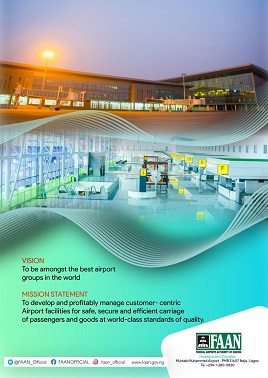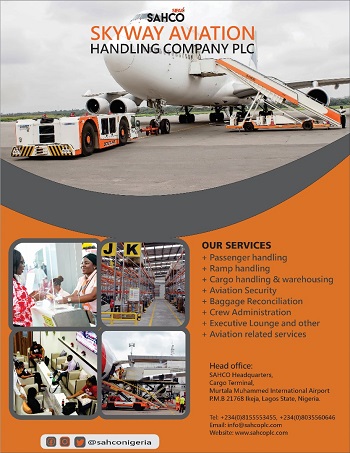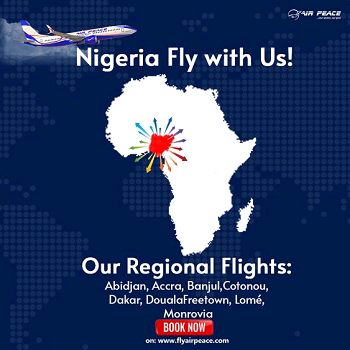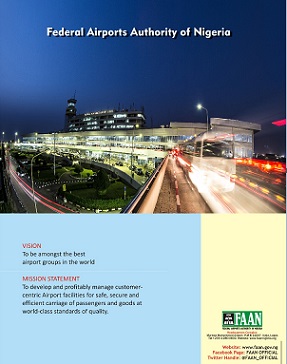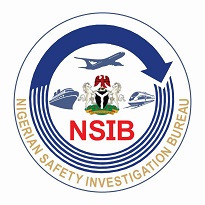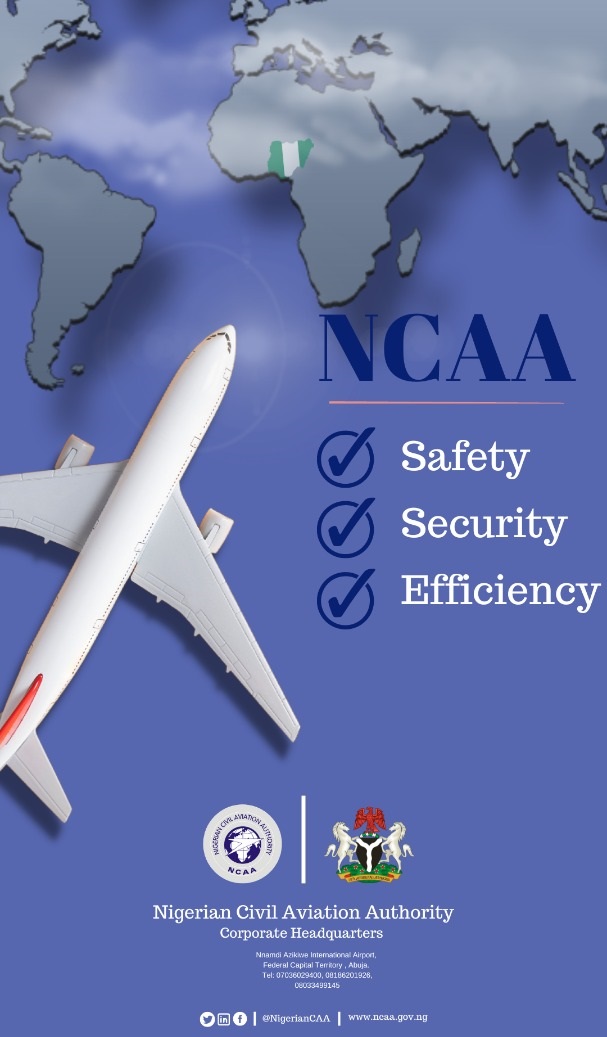As Head of States,
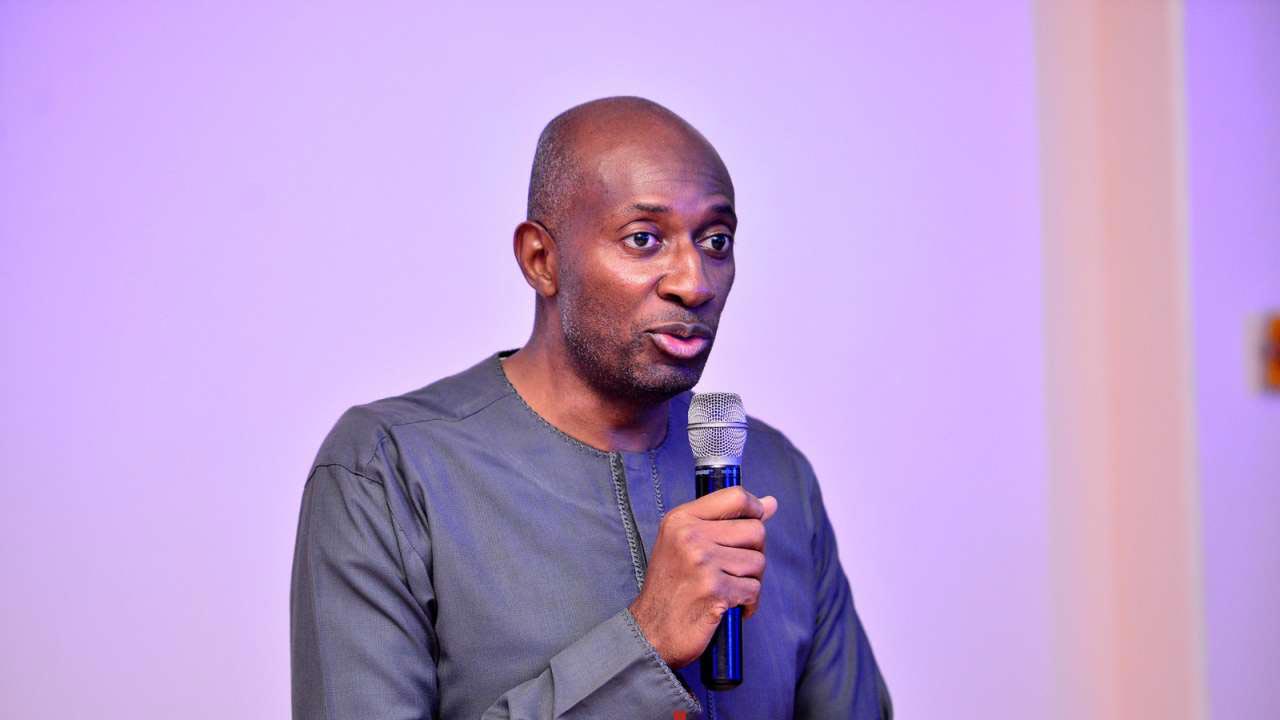
African Union (AU) prepare to launch the Single African Air Transport Market (SAATM) in Addis Ababa, Ethiopia during their summit holding next week, two groups of major stakeholders in aviation industry in Nigeria have said they would not be party to the implementation of the project; saying they were not comfortable with the initiative due to some challenges which they feared would not give them a level playing ground if they should support the open sky initiative.
The groups which consist of Association of Aircraft Owners led by Captain Mohammed Joji and the Airline Operators of Nigeria led by Capt Nogie Meggison unanimously attacked the project today while making their groups presentations at a sensitization workshop organised by Nigeria Civil Aviation Authority (NCAA) in Lagos.
Though agreed that the open sky policy would be of great benefits to the development of aviation industry particularly in Nigeria being the most populous nation highest growth potential in the continent, they said if the Open sky was to work, the issues such as taxation, price of aviation fuel, infrastructure deficit, access to foreign exchange, policy somersault among others must be addressed.
They also said there was the need to look into the merits and demerits to Nigeria before jumping into signing treaties that would not augur well for the airlines that bear the cost of operations.
They however questioned why Nigeria is part of the rush to sign the treaty when more than fifty percent of the AU member nations is not showing commitment to the initiative.
The groups which agreed that there could be many benefits in the initiative cautioned the Federal Government on the danger of fully committing to the open skies initiative in Africa.
Earlier in her presentation, Secretary General of African Civil Aviation Commission (AFCAC) Ms Iyabo Sosina explained that protectionism of local market share is not the way forward and that Africa needed to open its airspace within the continent.
She stated that when fully implemented, the Yamoussoukro Declaration (YD) would provide African airlines commercial freedom, wider networks, better aircraft utilization and create a larger market share for the continent and improved access to capital as well as more flexible commercial arrangements such as alliances, codeshares, franchises, interlining, mergers and acquisitions among African carriers.
“The better connected a country is by air, the greater its ability to unlock the economic and social benefits that air transport can deliver through mobility of people and goods to the traveling public, air carriers, airports, other allied service providers, the economy of member states and the continent as a whole.”
However, reacting to the complaints of the groups, Secretary General of AFCAC regretted that the airline groups’ have not change their stands in over 20years. She added that the issues pushed forward by the airlines were purely domestic issues and had nothing to do the YD.


